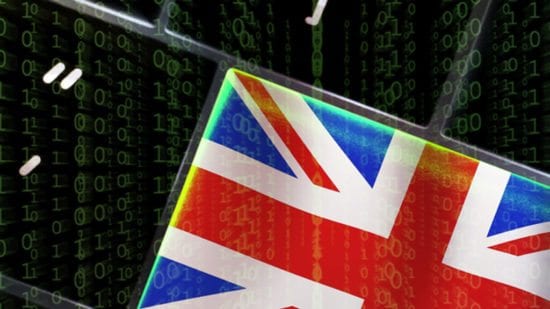Following the news about the Phillip Hammond’s warning in The Telegraph over the weekend, which hacks could bring down national infrastructure, IT security experts from Nozomi Networks and Thales e-Security commented below.
Edgard Capdevielle, President and CEO at Nozomi Networks:
 “Philip Hammond is right in his observation that the risks of escalating cyberattacks extend far beyond the Internet of Things (IoT) from ‘hacked kettles and fridges to cars.’ It’s the really big ‘things’ like power plants, transportation systems, water, and other infrastructure that are worth special protective measures, from both industry and governments, whether the threat comes from foreign governments, terrorists, hacktivists, or well-organised criminal organisations. For example, the recent successful cyberattack against the Ukrainian power system was part of a broader attack against Ukraine that targeted other government ministries and infrastructure components including the rail system. There is also concern amongst industry experts that this is not an isolated incident but part of a bigger mission, with Ukraine serving as a training exercise for critical infrastructure cyberattacks. The scenario that unfolded in Ukraine should serve as a warning to all other Western governments that they too are vulnerable and need to re-double their efforts to ensure industrial cybersecurity.”
“Philip Hammond is right in his observation that the risks of escalating cyberattacks extend far beyond the Internet of Things (IoT) from ‘hacked kettles and fridges to cars.’ It’s the really big ‘things’ like power plants, transportation systems, water, and other infrastructure that are worth special protective measures, from both industry and governments, whether the threat comes from foreign governments, terrorists, hacktivists, or well-organised criminal organisations. For example, the recent successful cyberattack against the Ukrainian power system was part of a broader attack against Ukraine that targeted other government ministries and infrastructure components including the rail system. There is also concern amongst industry experts that this is not an isolated incident but part of a bigger mission, with Ukraine serving as a training exercise for critical infrastructure cyberattacks. The scenario that unfolded in Ukraine should serve as a warning to all other Western governments that they too are vulnerable and need to re-double their efforts to ensure industrial cybersecurity.”
Peter Carlisle, VP EMEA at Thales e-Security:
 “It’s crystal clear that cyber criminals will stop at nothing to breach public sector security in an effort to get into Whitehall systems.
“It’s crystal clear that cyber criminals will stop at nothing to breach public sector security in an effort to get into Whitehall systems.
With hackers also targeting local government organisations, it’s absolutely critical that the public sector continues the collaborative approach set out by the National Cyber Security Centre.
We all have a responsibility to protect national security and that’s why it’s so important that industry works in partnership with the government to protect the public sector and critical national infrastructure from increasingly sophisticated attacks.”
The opinions expressed in this post belongs to the individual contributors and do not necessarily reflect the views of Information Security Buzz.



